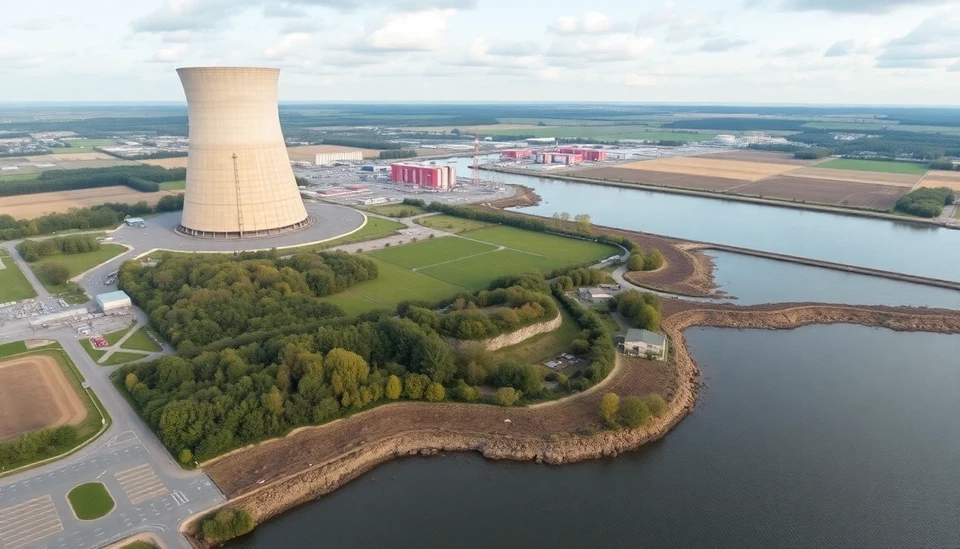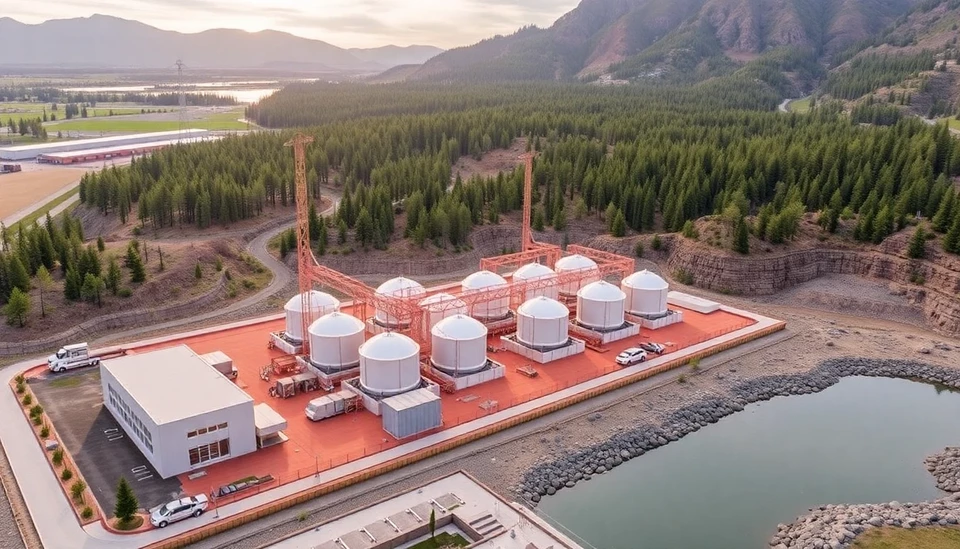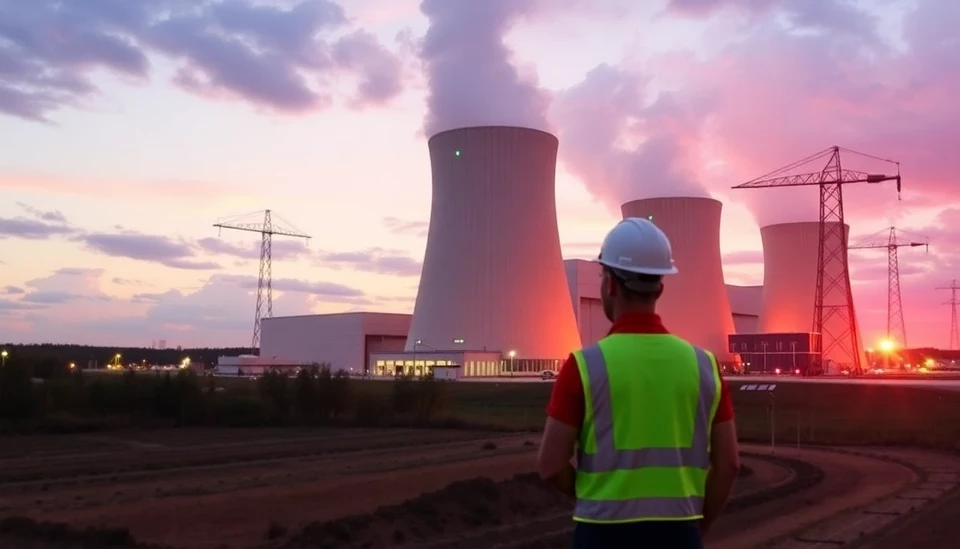
The United Kingdom has announced a significant policy shift that will allow the construction of nuclear power plants in a broader range of locations than previously permitted. This decision comes in line with the government’s ongoing efforts to diversify energy sources and bolster national security alongside its commitment to achieving net-zero carbon emissions by 2050.
In a landmark move, Minister for Energy and Climate Change, Claire Coutinho, revealed the new zoning regulations that will enable the development of nuclear facilities in regions that were earlier deemed unsuitable for such infrastructures. The new framework aims not only to ramp up the UK’s energy production capacity but also to invigorate local economies through job creation and investment opportunities.
During an address at a renewable energy conference, Coutinho emphasized the critical role nuclear power plays in achieving a balanced and sustainable energy mix. “Nuclear energy is a key part of our strategy to reduce reliance on fossil fuels and secure our energy supply,” she stated, highlighting the government’s dedication to revitalizing its energy strategy while combating climate change. With this approval, areas that were traditionally sidelined for nuclear plant development—predominantly rural and previously targeted regions—will now be considered for future projects.
The plan is anticipated to inject roughly £1 billion into local economies by 2030 and create thousands of jobs in building, operating, and maintaining these facilities. Furthermore, the shift aligns with the UK's broader strategic goal of reducing its greenhouse gas emissions and solidifying its leadership in reactor technology. Notably, the HM Treasury has allocated funds to support the nuclear initiative, showing governmental backing for this transition.
Environmental advocates have expressed mixed feelings about the announcement. While there is recognition of the necessity for expanding nuclear energy to meet climate goals, there are also concerns regarding safety and the long-term management of nuclear waste. The government assures that rigorous safety standards and community engagement strategies will be implemented throughout the planning and construction phases to address public apprehensions.
This decision follows a series of government reviews and consultations reflecting the evolving perspectives on energy production in the face of global climatic challenges. With the UK targeting a considerable improvement in domestic energy production to navigate the impacts of international market fluctuations, nuclear energy emerges as a viable alternative to bolster energy security.
In summary, the UK’s latest designations pave the way for an adapted energy landscape, fostering economic development and aiming toward an environmentally sustainable future. As the nation embarks on this ambitious path, all eyes will be on how these projects materialize and how they align with the public’s expectations for safety and environmental responsibility.
In conclusion, as the UK sets the stage for this nuclear renaissance, the implications for energy policy, economic growth, and climate action will be closely observed by analysts, industry leaders, and citizens alike.
#NuclearEnergy #UKEnergyPolicy #RenewableEnergy #ClimateChange #GreenEconomy #EnergySecurity
Author: Sophie Bennett




